Do look up.
Scientists have come up with a new method to find dark matter based on a technique that picks up on meteor signatures.

‘Pangeos’ is a turtle-shaped ‘terayacht,’ a giant floating city imagined by Italian firm Lazzarini Design Studio. While it only exists as a rendering for now, upon completion it could be the largest floating structure in the world. #yahoofinance.
Don’t Miss: Valley of Hype: The culture that built Elizabeth Holmes.
WATCH HERE:
About Yahoo Finance:
At Yahoo Finance, you get free stock quotes, up-to-date news, portfolio management resources, international market data, social interaction and mortgage rates that help you manage your financial life.
Yahoo Finance Plus: With a subscription to Yahoo Finance Plus get the tools you need to invest with confidence. Discover new opportunities with expert research and investment ideas backed by technical and fundamental analysis. Optimize your trades with advanced portfolio insights, fundamental analysis, enhanced charting, and more.
To learn more about Yahoo Finance Plus please visit: https://yhoo.it/33jXYBp.
Connect with Yahoo Finance:
Get the latest news: https://yhoo.it/2fGu5Bb.
Find Yahoo Finance on Facebook: http://bit.ly/2A9u5Zq.
Follow Yahoo Finance on Twitter: http://bit.ly/2LMgloP
Follow Yahoo Finance on Instagram: http://bit.ly/2LOpNYz.
Follow Yahoo Finance Premium on Twitter: https://bit.ly/3hhcnmV
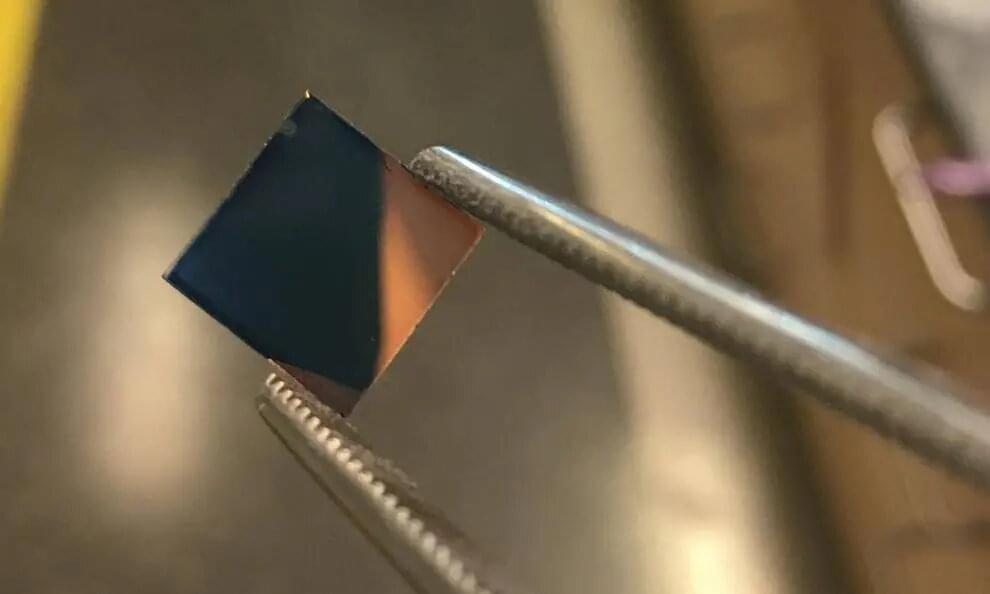
It was a simple idea—maybe even too simple to work.
Research scientist James Ponder and a team of Georgia Tech chemists and engineers thought they could design a transparent polymer film that would conduct electricity as effectively as other commonly used materials, while also being flexible and easy to use at an industrial scale.
They’d do it by simply removing the nonconductive material from their conductive element. Sounds logical, right?
In recent years, many smartphone users have become concerned about the privacy of their data and the extent to which companies might have access to this data. As things stand today, the applications that users can run on their phone and what they can do with these applications is determined by a few big tech companies.
Researchers at ETH Zurich have recently set out on a quest to change this current trend, through the development of a new smartphone architecture called TEEtime. This architecture, introduced in a paper pre-published on arXiv, allows users to flexibly choose what resources on their smartphone they will dedicate to legacy operating systems, such as Android or iOS, and which they wish to keep for their own proprietary software and data.
“This work was inspired (in part) by our experiences in developing (Swiss) contact tracing applications, where we quickly noticed how limited we are as researchers/developers in accessing some basic services on ‘our’ phones,” Srdjan Capkun, one of the researchers who carried out the study, told TechXplore.
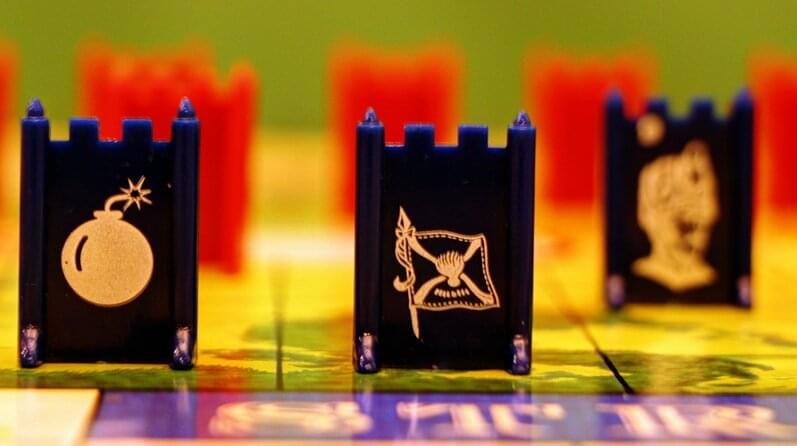
A team of researchers at DeepMind Technologies Ltd., has created an AI application called “DeepNash” that is able to play the game Stratego at an expert level. In their paper published in the journal Science, the group describes the unique approach they took to improve the app’s level of play.
Stratego is a two-player board game and is considered to be difficult to master. The goal for each player is to capture their opponent’s flag, which is hidden among their initial 40 game pieces. Each of the game pieces is marked with a power ranking—higher-ranked players defeat lower-ranked players in face-offs. Making the game more difficult is that neither player can see the markings on the opponent’s game pieces until they meet face-to-face.
Prior research has shown that the complexity of the game is higher than that of chess or go, with 10535 possible game scenarios. This level of complexity makes it extremely challenging for computer experts attempting to create Stratego-playing AI systems. In this new effort, the researchers took a different approach, creating an app capable of beating most human and other AI systems.
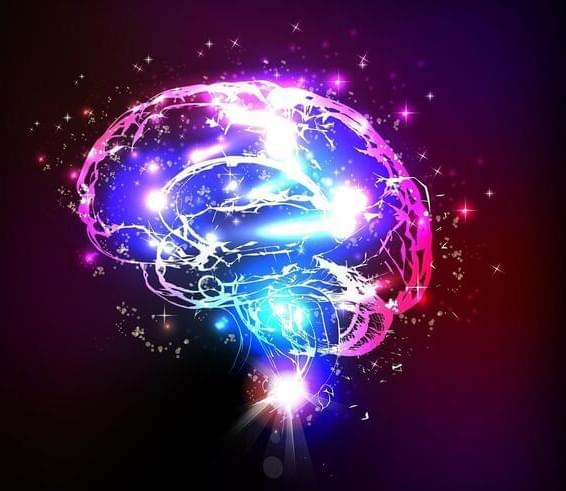
Laser light therapy has been shown to be effective in improving short term memory in a study published in Science Advances.
Scientists at the University of Birmingham in the U.K. and Beijing Normal University in China, demonstrated that the therapy, which is non-invasive, could improve short term, or working memory in people by up to 25%.
The treatment, called transcranial photobiomodulation (tPBM), is applied to an area of the brain known as the right prefrontal cortex. This area is widely recognized as important for working memory. In their experiment, the team showed how working memory improved among research participants after several minutes of treatment. They were also able to track the changes in brain activity using electroencephalogram (EEG) monitoring during treatment and testing.
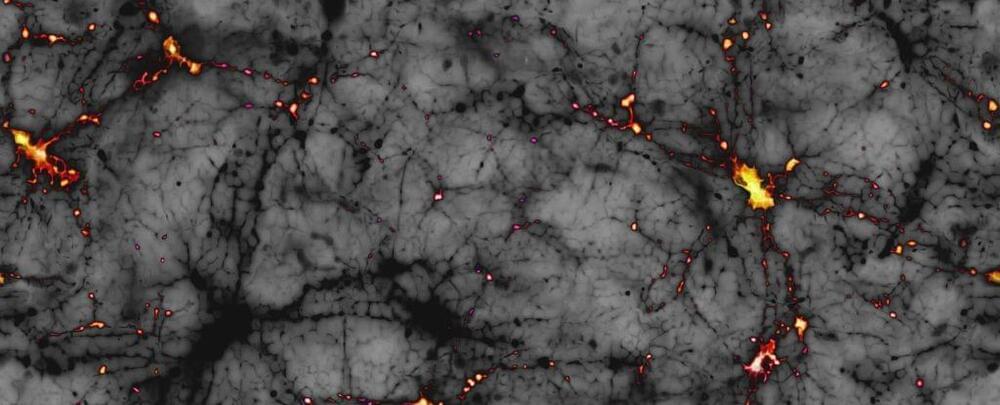
When the New Horizons probe reached the outer dark of the Solar System, out past Pluto, its instruments picked up something strange.
Very, very faintly, the space between the stars was glowing with optical light. This in itself was not unexpected; this light is called the cosmic optical background, a faint luminescence from all the light sources in the Universe outside our galaxy.
The strange part was the amount of light. There was significantly more than scientists thought there should be – twice as much, in fact.
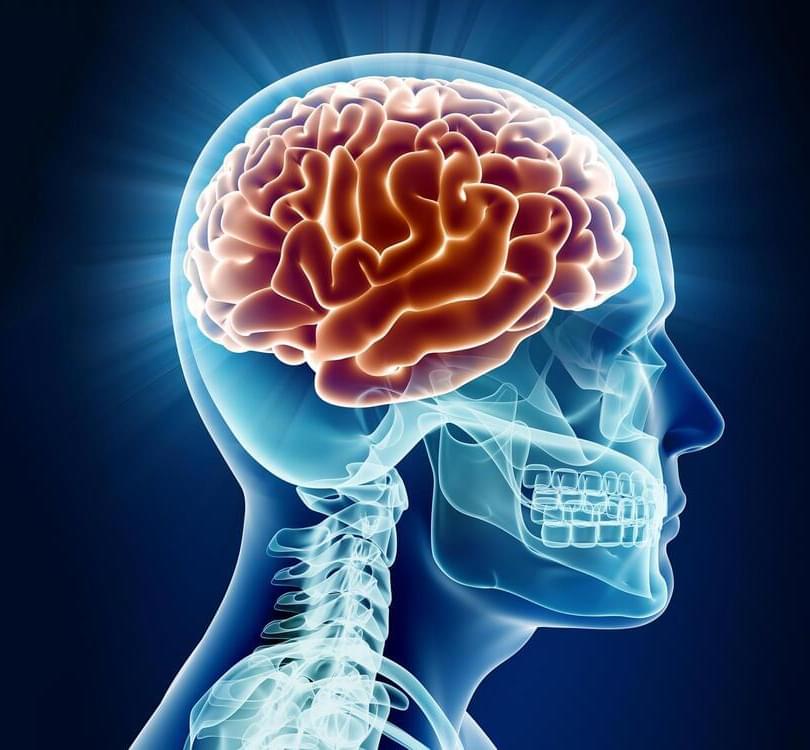
Researchers at Oregon Health & Science University have discovered a key molecule that contributes to understanding and treating neurological diseases like epilepsy and autism.
Researchers at Oregon Health & Science University have discovered a long-sought gene-encoded protein that allows the brain to communicate a number of signals across synapses, or gaps between neurons.
The discovery was recently published in the journal Nature.

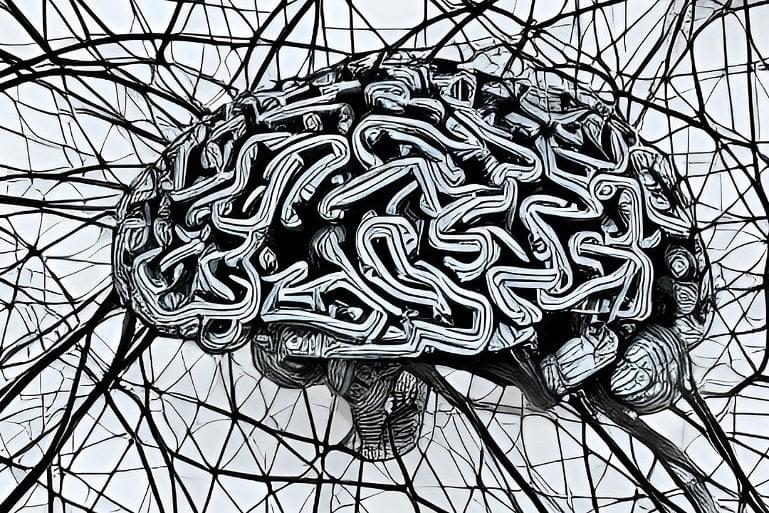
Abstract
Transcranial photobiomodulation enhances visual working memory capacity in humans
Transcranial photobiomodulation (tPBM) is a safe and noninvasive intervention that has shown promise for improving cognitive performance.
Whether tPBM can modulate brain activity and thereby enhance working memory (WM) capacity in humans remains unclear.